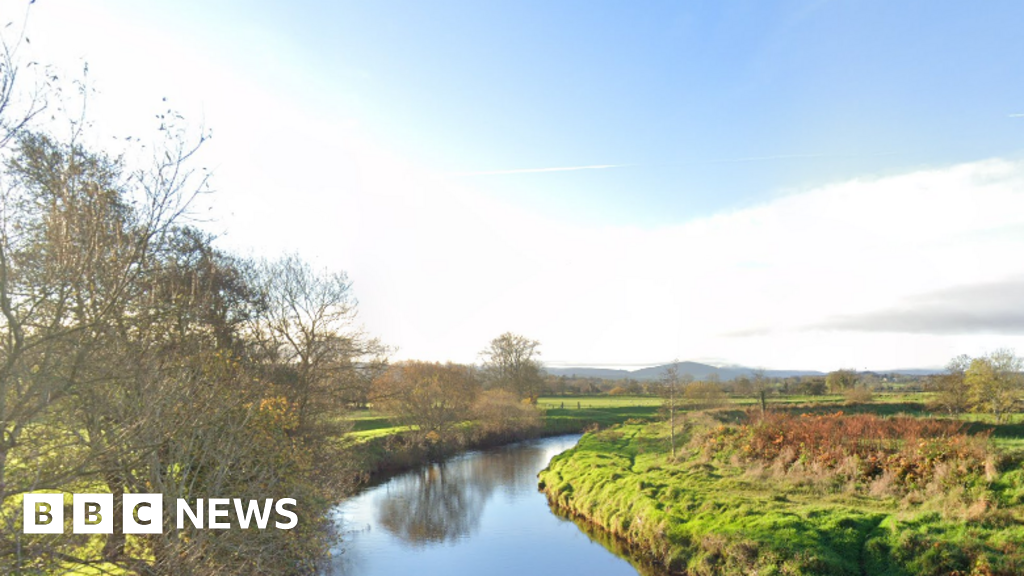The Department of Agriculture, Environment and Rural Affairs (DAERA) is investigating a fish kill that occurred along the River Roe at Burnfoot between Limavady and Dungiven in County Londonderry, according to a spokesperson. Eamon Mullan, chairperson of Roe Angling Limited, has reported more than 700 juvenile fish, including salmon, sea trout and brown trout, were killed in a tributary. The impact on the tributary, which is a salmon spawning and nursery area, will last “for some years to come,” said Mr Mullan. Inspectors will return to the river on Monday to try to identify the cause of the incident.
Although Loughs Agency staff have been attending the scene since late on Friday when the incident was reported, they have not yet identified the contaminating substance, according to Mr Mullan. “They were looking for evidence to see what type of material might have caused the problem and so far they haven’t been able to determine that,” he said. The Northern Ireland Environment Agency has recently received a report that several miles along the Glenavy River was polluted. There are concerns that hundreds of fish at this location could be killed. The river is part of the Lough Neagh catchment area with close ties to angling activities.
The extent of the damage and potential long-term effects on the ecosystem and biodiversity of the area have yet to be fully assessed by the authorities. A fish kill can impact many aspects of the river’s ecology, including the health of fish populations, water quality, and related bird species that depend on it. The River Roe is one of the best-known rivers for salmon angling in Northern Ireland. The loss of the juvenile population could have repercussions further downstream, including to commercial fishing in the area. There are concerns for the health of the river’s remaining population, and for the wider ecosystem.
Unexplained fish kills are a major issue for waterways globally. A variety of factors may cause such incidents, including pollution, extreme weather events like floods and heatwaves, and invasive species. The issue has been recognised by several governmental and non-governmental organisations, including the United Nations, who have highlighted the importance of addressing the problem of fish kills as well as protecting the ecosystem services and the environment overall
Read the full article from The BBC here: Read More
